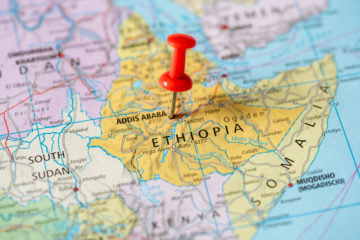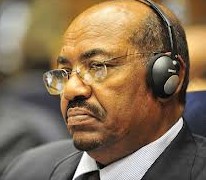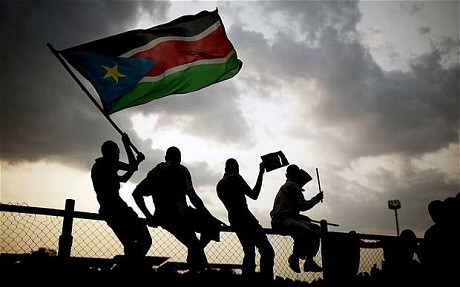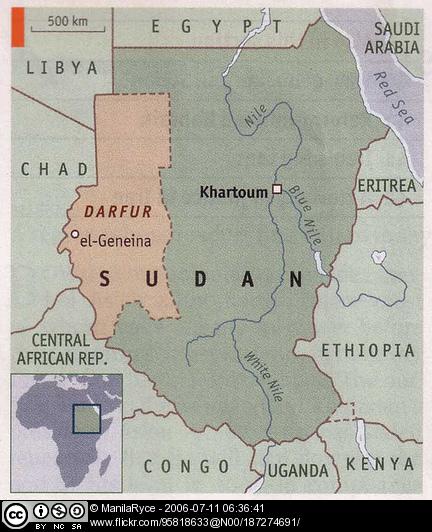
How Natural Resource (Mis-)management in the Nile River Basin May Threaten Stability
As the Grand Ethiopian Renaissance Dam (GERD) nears completion, the Nile River Basin is at a crossroads. The next few months will be consequential for relations between countries in the river basin—notably Ethiopia, Sudan, and Egypt—because dam management upstream could have consequences for the supply of water downstream. Although the three countries began discussions after the project was announced in 2011, they have yet to reach an agreement on how the new reservoir should be filled and managed. Despite the absence of an agreement, Ethiopia intends to begin filling the reservoir this July. This article describes the competing perspectives between countries, explains reasons for the lack of an agreement, and provides recommendations for addressing the challenges of the GERD. If …
Protests in an Age of Globalization: Performance, People Power, and Pathos
Protest in an age of globalization relies on performance. From Hong Kong to La Paz and Santiago to Khartoum, global attention is increasingly captured by mass movements of people, demonstrating strength in numbers against prevailing political and economic systems. Modern protests, however, only work some of the time. Drawing on current events, scholars might consider a protest’s success hinging upon which audience they choose to target and the power of that audience to act. We see differences, for example, between Hong Kong — where protesters engaged the global community with limited effect thus far on Beijing — and protests in Sudan earlier this year — which targeted an old, autocratic leader’s military cadre, but did in fact precipitate a military coup. Has globalization changed protesting? Today’s global stage is nothing new — consider the nationalist movements …

Politics and Islam: A religious movement in Sudan has become critical of Bashir and the ruling party
Last weekend, I discussed on Radio France International the meeting in Khartoum (Sudan) of thousands of politico-religious militants with strong links to the government: the general conference of the Islamist movement known as Al-Harakat Al-Islamiyyah is the most important political rally in the country of the last 10-15 years. Reformers among them believe Sudan’s military-Islamist regime has drifted from its revolutionary roots. Some are even calling on President Omar al-Bashir to leave office.

The Two Sudans, One Year On.
Following decades of internal civil strife, on July 11, 2011, the African nation of Sudan separated into two de jure sovereign states as the South finally gained its long-awaited independence. Yet those with any sort of intimate knowledge of Sudan will have viewed the scenes of jubilation across the South and the calm acceptance displayed by the North on the day of separation with caution. Although South Sudan’s moral claims to independence were never in doubt, its possibility of a peaceful future appeared, if anything, less certain following its separation from the North. A year on, it is a prescient time to reflect on how Africa’s most recently divorced couple are faring on their separate paths. For South Sudan, like …

China and India in Sudan: an Uncertain Relationship
On June 21, at the Manor Road Building, Oxford University, Daniel Large and Luke Patey discussed the role of China and India in Sudan’s oil sector. This industry is of particular interest today, as on the 9th of July the country will split into Northern Sudan and Southern Sudan. The recent border clashes illustrate the lack of agreement between the two sides about the sharing of oil revenues. The two speakers situate this issue within an international context by contrasting the involvement of China and India and discussing the long-term prospects of Sudan’s oil industry, among other interesting questions. China’s involvement in Africa has become a hot topic in media and political discussions. This has concealed that of other Asian …









